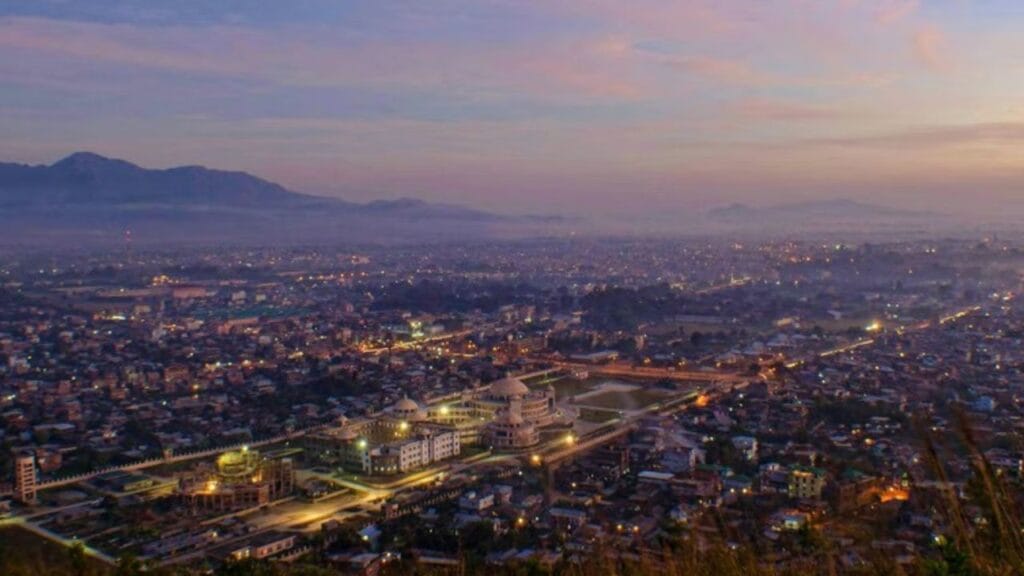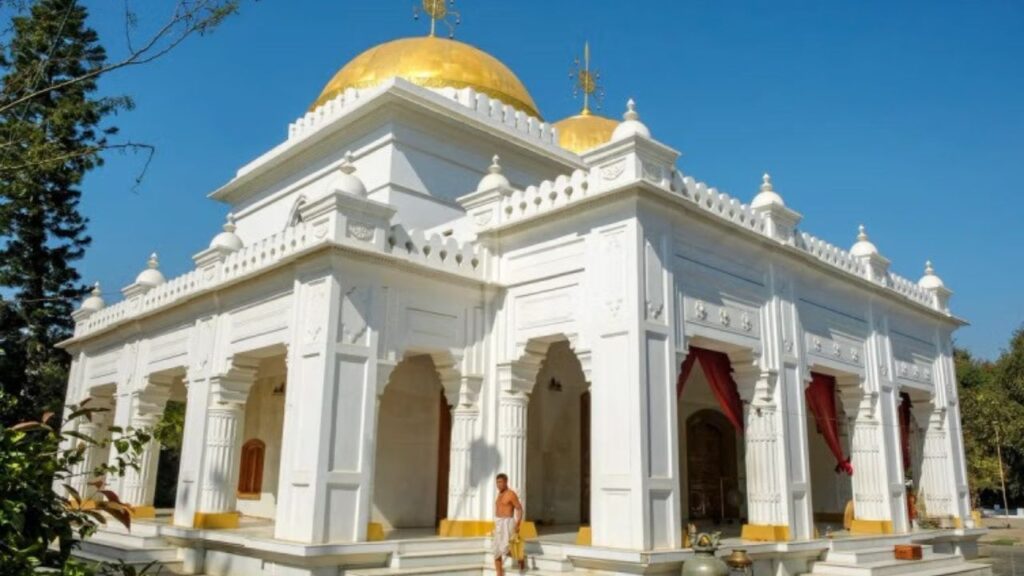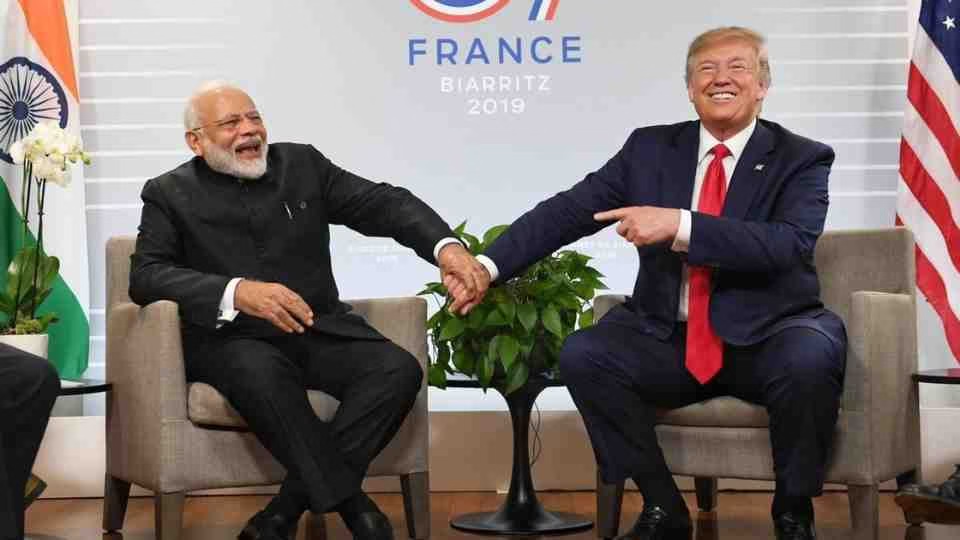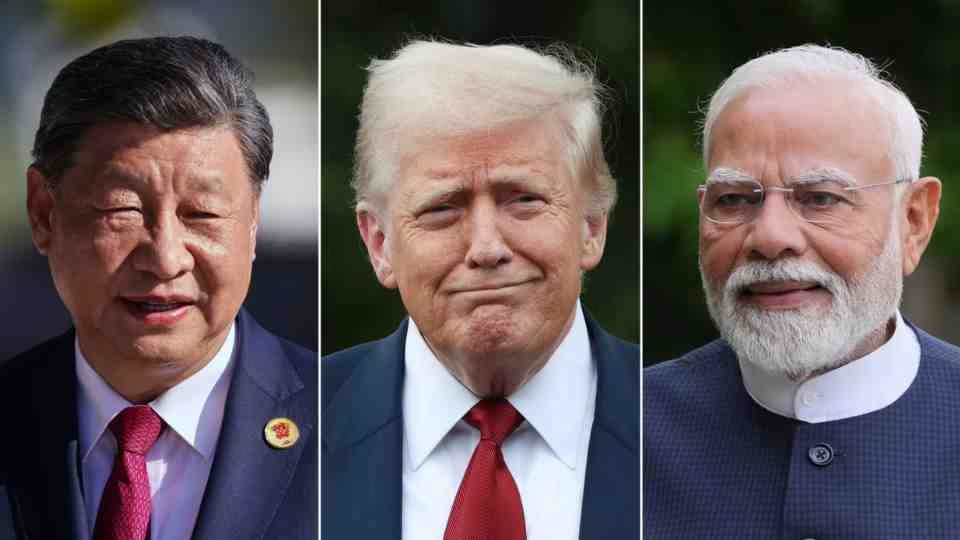India Extends President’s Rule in Manipur for Six Months, Prompting Democratic Debate
New Delhi, 5 August 2025 –
India’s Parliament has resolved to prolong direct federal governance in the north‑eastern state of Manipur for a further six months, a measure reflecting both administrative exigency and the contested nature of constitutional intervention in state affairs.
The decision, endorsed first by the Lok Sabha and subsequently by the Rajya Sabha, will maintain the suspension of the state’s elected executive and legislature until at least February 2026. This follows the resignation of Chief Minister N. Biren Singh and the collapse of his government earlier this year, developments that compelled the imposition of President’s Rule under Article 356 of the Constitution on 13 February 2025.
Rationale for Central Control
The Union Government, represented by Minister of State for Home Affairs Nityanand Rai, justified the extension on grounds of public order and governance stability. Rai argued that recent ethnic strife, triggered by a judicial directive affecting local reservation policies, necessitated continued central oversight. He further asserted that violence had markedly abated since the assumption of federal administration, with only a single major incident reported in eight months.
Deputy Chairman Harivansh Narayan Singh described the extension as a “constitutional obligation” and urged legislators to approach the measure in light of its extraordinary context rather than political expediency.

Opposition Resistance
Opposition parties, notably the Congress and its INDIA bloc allies, denounced the move as antithetical to democratic norms and federalism. They contended that the Bharatiya Janata Party, despite its strength in the state assembly, had failed to constitute an elected ministry, effectively disenfranchising the people of Manipur.
One senior Congress parliamentarian observed: “This is governance without consent; it is a circumvention of the people’s mandate under the pretext of administrative necessity.”
Constitutional Implications
President’s Rule empowers the Union to assume both executive and legislative functions of a state when its constitutional machinery is deemed to have collapsed. While envisaged as an exceptional safeguard, it has historically been the subject of judicial scrutiny and political contestation, particularly when invoked repeatedly or for prolonged periods.
Manipur’s extended subjection to direct federal rule underscores both the persistence of its ethnic and political challenges and the complexity of centre‑state relations in India’s constitutional order. The decision is expected to shape peace negotiations between Meitei and Kuki‑Zomi communities and may carry significant weight in the political calculus leading to national and state elections in 2026.
A Global Perspective
The suspension of devolved or regional administrations is not unique to India. The United Kingdom has periodically suspended Northern Ireland’s Stormont Assembly during periods of political deadlock, while France’s Article 16 grants exceptional powers to the President in times of grave crisis. In all such cases, the legal framework has been justified as a temporary measure to preserve constitutional order; yet it has also provoked debate about democratic consent and institutional trust.
Manipur’s experience thus resonates with a broader global challenge: how democracies reconcile urgent governance needs with the principles of representative self‑rule.






